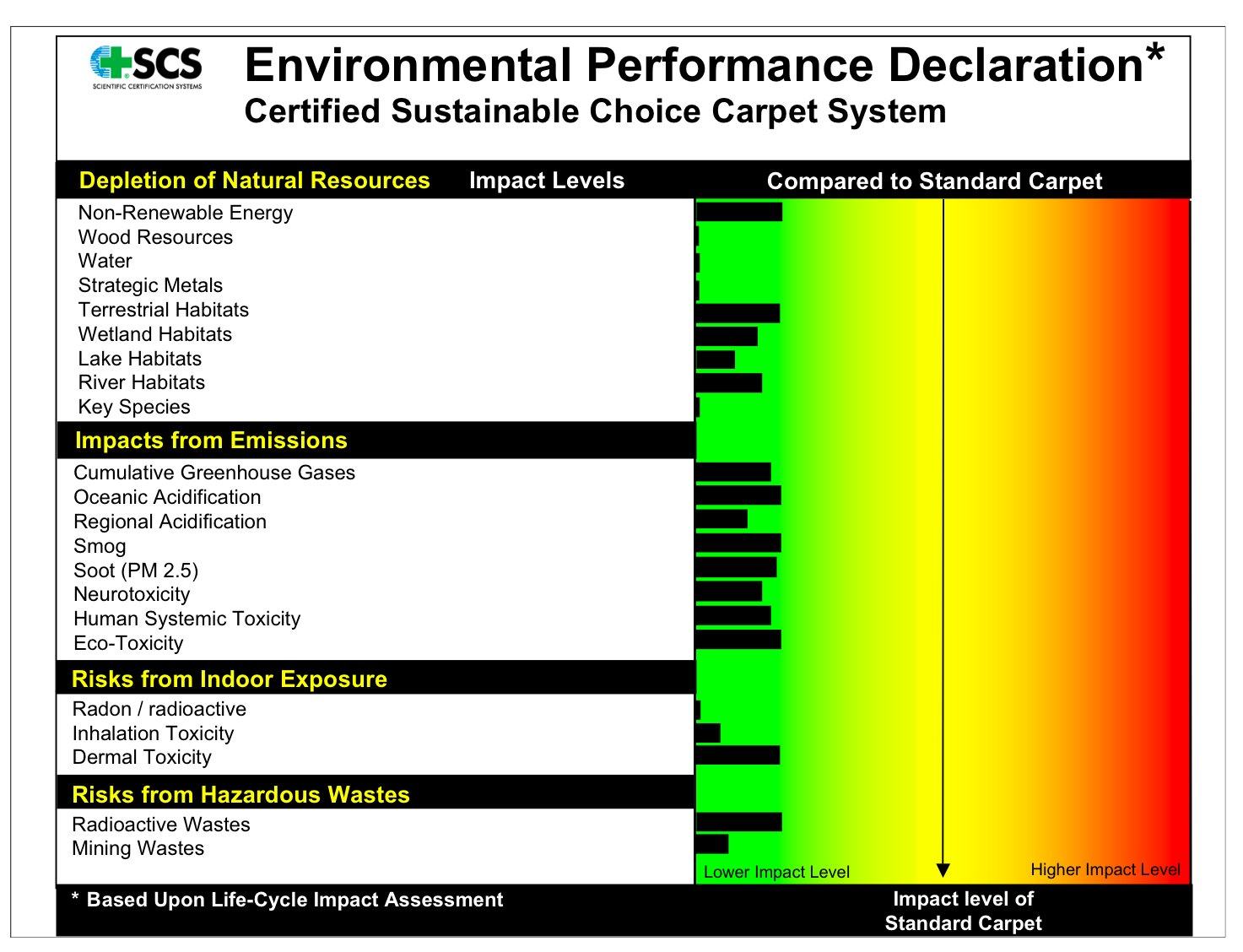Blog Post
Not Grumbling About Life-Cycle Assessment
Based on some of the audience Q&A I think that much of the audience left grumbling after Thursday's session, "Demystifying Sustainability: A Life-Cycle Perspective," convened by the energetic Meredith Elbaum of Sasaki, with Stanley Rhodes of Scientific Certification Systems speaking along with Nancy Harrod of Sasaki and Melissa Vernon of InterfaceFlor.
I put Stanley's name first because I think he was the source of the grumbling. At a conference where "Was the session inspiring?" is one of the questions asked by the educational session evaluation form, Stanley made pointed criticisms of LEED and registered alarm about consequences of carbon emissions, like oceanic acidification (he polled the audience on its awareness of this issue—which was lacking, so here's a great LA Times article on the issue).
But I found Stanley's presentation exciting.
He recommended the use of Environmental Performance Declarations, which have been compared to a "nutrition facts" label for building materials, buildings, electricity, or any other product with an environmental impact. Just as the nutrition facts label analyzes the nutrition of a food item, so could similar labels list impacts in numerous categories in a product's life cycle, such as greenhouse gas emissions, human health impacts, cost, durability, disposal issues, etc. Here's an example of an actual carpet sample.

Published November 9, 2007 Permalink Citation
(2007, November 9). Not Grumbling About Life-Cycle Assessment. Retrieved from https://www.buildinggreen.com/news-article/not-grumbling-about-life-cycle-assessment



Add new comment
To post a comment, you need to register for a BuildingGreen Basic membership (free) or login to your existing profile.